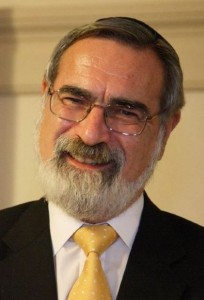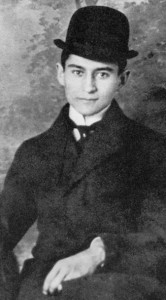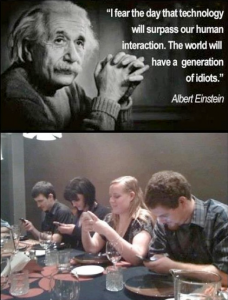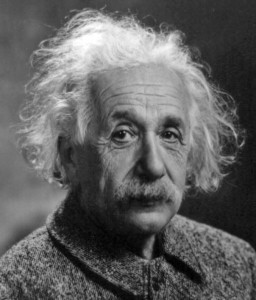The Rabbi Baron
Jonathan Henry Sacks (b. 1948) was born in London, England, and studied at some of London’s finest schools, earning a Ph.D in philosophy in 1981. In the same year, he received his orthodox rabbinic ordination from Jew’s College, the world’s oldest rabbinic seminary. He went on to become principal of that seminary, while also serving as a community rabbi. In 1991 he was appointed as the British Commonwealth’s Chief Rabbi. He remained in this role for 22 years until retiring last September. Over the years, he taught as a visiting professor at several universities. He also authored 25 books, among them award-winning bestsellers. He was a popular guest on BBC Radio and TV programs, and wrote a regular column for The Times. Sacks holds 16 honourary degrees, together with a number of international awards for his work in promoting social justice and religious liberty, scholarly achievement, leadership, and inspiring Jewish life around the world. In 2009, he was introduced to England’s House of Lords, and was granted the title “Baron”. He was invited to the wedding of Prince William and Kate as the representative of the Jewish community. The Prince of Wales described Sacks as a “light unto this nation… whose guidance on any given issue has never failed to be of practical value and deeply grounded in the kind of wisdom that is increasingly hard to come by.” Former British Prime Minister Gordon Brown described him as “…the greatest scholar I know, the greatest philosopher, the greatest writer I know, one of the greatest thinkers in the world…” Sacks continues to teach as a professor at New York University, Yeshiva University, and King’s College London. He is also a vegetarian.
Update: Sadly, Rabbi Jonathan Sacks passed away on November 7, 2020.
Words of the Week
“A good leader creates followers; a great leader creates leaders.”
“To defend a country you need an army, but to defend a civilization you need education.”
“Technology gives us power, but it does not and cannot tell us how to use that power. Thanks to technology, we can instantly communicate across the world, but it still doesn’t help us know what to say.”
– Rabbi Lord Jonathan Sacks





